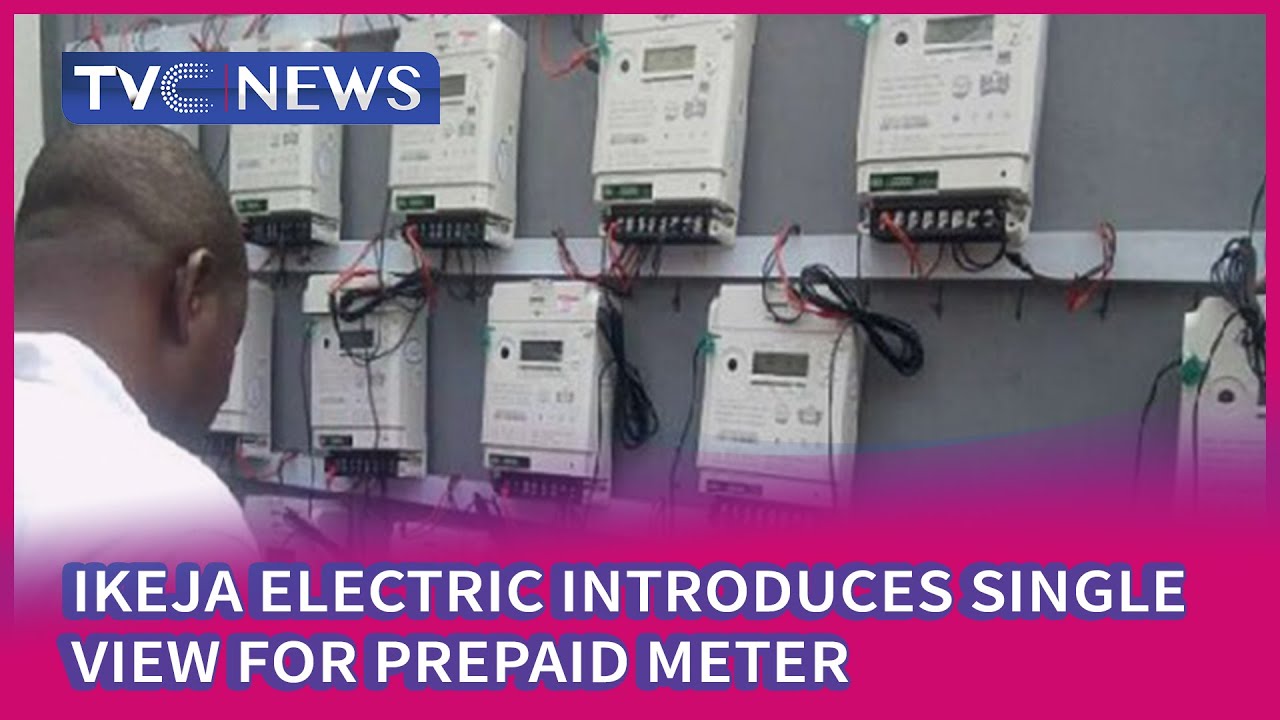
Due to the recent devaluation of the naira by the Central Bank of Nigeria, the cost of obtaining pre-paid power meters has increased for users in the country.
According to our source, the price increase is due to the fact that the majority of meters in the Nigerian power market are imported, and the growing exchange rate of the naira against the US dollar is causing a significant challenge for importers of the product.
The dilemma is the same for enterprises that assemble the various components of the meters locally because foreign exchange is required to acquire the components.
In 2015, a single-phase meter can now be purchased for N39,375, while a three-phase meter can now be purchased for N60,909 from the original prices N25,000 and N50,000 for single-phase and three-phase meters, respectively.
However, as a result of the newest development, the cost of a single-phase meter had increased by 56%, while the price of a three-phase meter has increased by 20%. This means that residential energy users, who are mostly single-phase meter users, will pay more for the devices in relative terms than three-phase meter users.
Before the price hiked in 2015, Mr. Godwin Idemudia, a spokesman for the Eko Electricity Distribution Business, confirmed the current pricing of the meters, saying, "The single-phase smart meter costs N39,375, while the three-phase meter is N60,901," adding that the company no longer installed traditional prepaid meters.
Mr. Pekun Adeyanju, a spokesman for the Ikeja Electricity Distribution Firm, told our correspondent over the phone that the metering program started in May 2015. He explained that the company took its time to guarantee that the meters it would be introducing to clients matched international standards and would last the test of time. Customers, on the other hand, should be patient with the company, he said.
Mr. Biodun Ogunleye, Managing Director/Chief Executive Officer of Powercap Limited, informed our correspondent in a telephone conversation that the depreciation of the naira harmed imported commodities, including power meters, because Nigeria was predominantly a foreign currency regulated economy. With the reality on the ground, he said there was no way the meter pricing would remain unchanged.
How Much Is Prepaid Meter In Nigeria?

[WATCH] Ikeja Electric Introduces Single View For Prepaid Meter Management
Prepaid meter price in NigeriaThe upward evaluation of meter prices was due to "recent changes in macro-economic parameters," according to the circular titled "Review of the unit price of end-use meters under the Meter Asset Provider and National Mass Metering Regulations."
Nigerians would pay an additional N13,766 and N26,829 to receive single-phase and three-phase pre-paid meters from the eleven Distribution Companies, or DISCOs, starting Monday, November 15, 2021.
The Nigerian Electricity Regulatory Commission, NERC, upped the price of a single-phase meter from its existing price of N44,896.17 to a revised price of N58,661.69 in a circular issued Friday in Abuja.
Conclusion
The price review takes effect from Monday, November 15, 2021, as per NERC order.
The circular reads; “In arriving at the approved unit price, the Commission had, in particular, only considered changes in foreign exchange and inflation since the last review of June 2020,” the circular reads.
“This price review is subject to change upon the conclusion of the procurement process under phase 1 of the National Mass Metering Program. This price review is effective from 15th November 2021.”
The regulator also noted that all costs are exclusive of value-added tax (VAT).
The circular reads; “In arriving at the approved unit price, the Commission had, in particular, only considered changes in foreign exchange and inflation since the last review of June 2020,” the circular reads.
“This price review is subject to change upon the conclusion of the procurement process under phase 1 of the National Mass Metering Program. This price review is effective from 15th November 2021.”
NERC also reminded the citizens that all prices are still exclusive of value-added tax (VAT).
